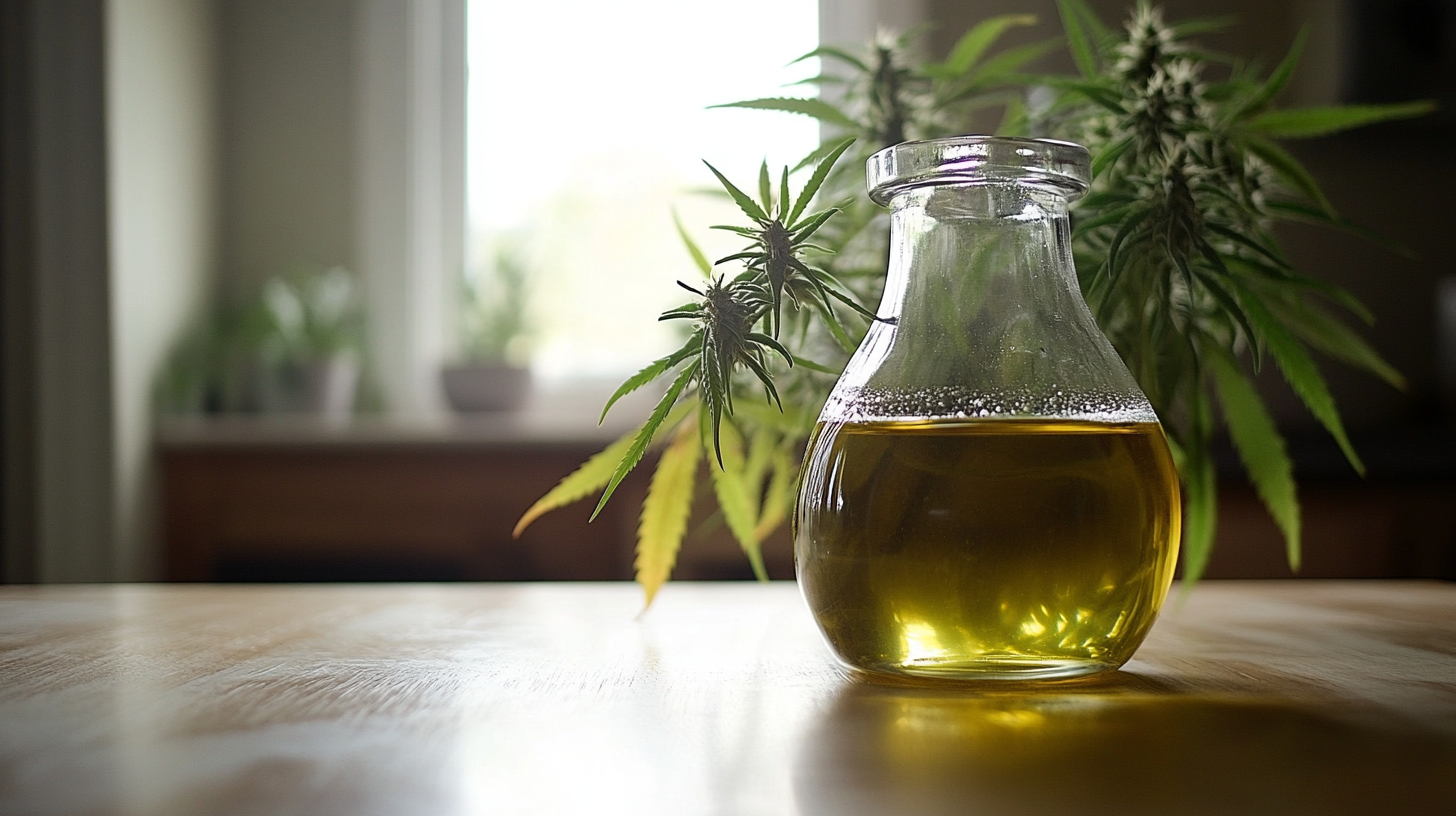The popularity of CBD oil has surged in recent years, with many people turning to it for potential health benefits. However, the legal status of CBD oil is complex and varies significantly across different regions. This article explores the legal landscape of CBD oil, providing insights into where it is legal and the factors influencing its legality.
Understanding CBD Oil
CBD, or cannabidiol, is a compound found in cannabis plants. Unlike THC (tetrahydrocannabinol), CBD does not produce psychoactive effects. This distinction has made CBD a popular choice for those seeking relief from pain, anxiety, and other conditions without the “high” associated with marijuana.
The Legal Status of CBD Oil in the United States
In the United States, the legality of CBD oil is influenced by federal and state laws. The 2018 Farm Bill legalized hemp-derived CBD products containing less than 0.3% THC at the federal level. However, state laws can vary:
- Legal in All Forms: Some states, such as Colorado and Oregon, allow the sale and use of CBD oil without restrictions.
- Restricted Use: States like Texas and Iowa permit CBD oil use only for specific medical conditions.
- Illegal or Limited Access: In states such as Idaho and South Dakota, CBD oil remains illegal or is heavily restricted.
These variations highlight the importance of understanding local laws before purchasing or using CBD oil.
CBD Oil in Europe
Europe presents a diverse legal framework for CBD oil. The European Union allows the sale of CBD products with less than 0.2% THC. However, individual countries have their own regulations:
- United Kingdom: CBD oil is legal if it contains no THC and is derived from approved industrial hemp strains.
- Germany: CBD products are legal but must adhere to strict labeling and marketing regulations.
- France: Only CBD products with zero THC are permitted.
These differences can create confusion for consumers and businesses operating across borders.
CBD Oil in Other Parts of the World
Outside of the United States and Europe, the legality of CBD oil varies widely:
- Canada: CBD oil is legal and regulated under the Cannabis Act, allowing both medical and recreational use.
- Australia: CBD oil is legal for medical use with a prescription, but recreational use remains prohibited.
- Japan: CBD products are legal if they contain no THC.
- China: The sale and use of CBD oil are illegal.
These examples illustrate the global diversity in CBD oil regulations.
Factors Influencing CBD Oil Legality
Several factors contribute to the legal status of CBD oil in different regions:
- THC Content: The amount of THC in a CBD product often determines its legality.
- Source of CBD: Whether CBD is derived from hemp or marijuana can impact its legal status.
- Intended Use: Some regions allow CBD oil for medical purposes but not for recreational use.
- Regulatory Framework: Local laws and regulations play a significant role in determining legality.
Understanding these factors can help consumers navigate the complex legal environment surrounding CBD oil.
Case Studies: Legal Challenges and Developments
Several case studies highlight the evolving legal landscape of CBD oil:
- United States: The FDA has issued warnings to companies making unsubstantiated health claims about CBD products, emphasizing the need for regulation.
- Europe: The European Court of Justice ruled in 2020 that CBD is not a narcotic, paving the way for more consistent regulations across member states.
- Australia: Recent changes in legislation have made it easier for patients to access CBD oil for medical purposes.
These developments demonstrate the ongoing legal challenges and opportunities in the CBD industry.
Conclusion
The legal status of CBD oil is a complex and evolving issue, influenced by a variety of factors including THC content, source, and intended use. While some regions have embraced CBD oil, others maintain strict regulations or outright bans. As the industry continues to grow, legal frameworks are likely to adapt, offering new opportunities and challenges for consumers and businesses alike. Staying informed about local laws and regulations is crucial for anyone interested in using or selling CBD oil.
